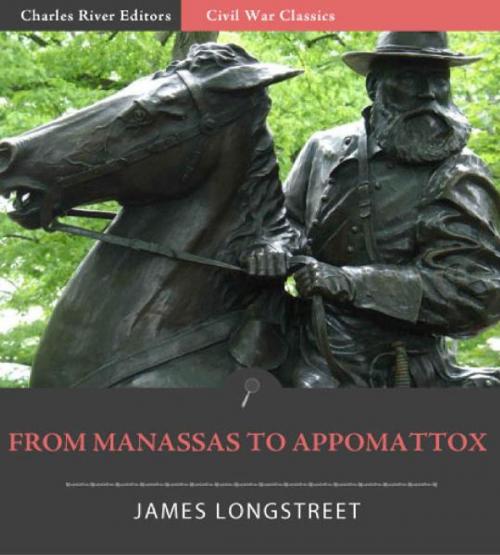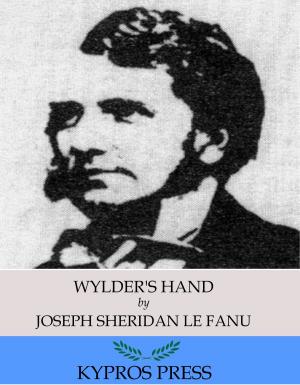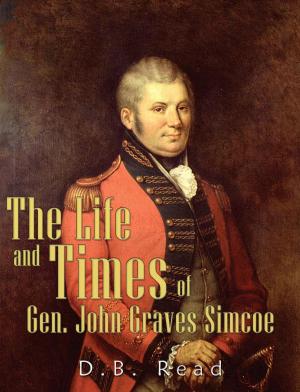From Manassas to Appomattox: Memoirs of the Civil War in America
Nonfiction, History, Americas, United States, Civil War Period (1850-1877)| Author: | James Longstreet | ISBN: | 9781619820043 |
| Publisher: | Charles River Editors | Publication: | January 5, 2010 |
| Imprint: | Language: | English |
| Author: | James Longstreet |
| ISBN: | 9781619820043 |
| Publisher: | Charles River Editors |
| Publication: | January 5, 2010 |
| Imprint: | |
| Language: | English |
One of the most important, and controversial, Confederate generals during the Civil War was Lieutenant General James Longstreet, Robert E. Lees old warhorse. Longstreet was Lees principal subordinate for most of the war, ably managing a corps in the Army of Northern Virginia. Longstreet was instrumental in Confederate victories at Second Bull Run, Fredericksburg, and Chickamauga, while he was also effective at Antietam and the Battle of the Wilderness, where he was nearly killed by a shot through the neck. Near the end of his life, Longstreet authored From Manassas to Appomattox, a Civil War memoirs that looked to rebut his critics. Longstreet didnt avoid his critics, facing them head on by fending off criticisms of his record for the most part, usually including letters written by other officers to his defense. Longstreet also didnt pull punches, which he does at times quite poignantly on Lee's mishaps, most notably of course at Gettysburg. In other instances, he defends himself by criticizing others. When Fitz Lee notes that R.E. Lee called Longstreet the hardest man to move in the Army (a comment that can't be confirmed/refuted), he comes to his own defense in part by criticizing Stonewall Jackson during the Seven Days campaign. Hindsight is 20/20, and Longstreet's arguments in the conduct of certain campaigns certainly benefited from the passing of 30 years.
One of the most important, and controversial, Confederate generals during the Civil War was Lieutenant General James Longstreet, Robert E. Lees old warhorse. Longstreet was Lees principal subordinate for most of the war, ably managing a corps in the Army of Northern Virginia. Longstreet was instrumental in Confederate victories at Second Bull Run, Fredericksburg, and Chickamauga, while he was also effective at Antietam and the Battle of the Wilderness, where he was nearly killed by a shot through the neck. Near the end of his life, Longstreet authored From Manassas to Appomattox, a Civil War memoirs that looked to rebut his critics. Longstreet didnt avoid his critics, facing them head on by fending off criticisms of his record for the most part, usually including letters written by other officers to his defense. Longstreet also didnt pull punches, which he does at times quite poignantly on Lee's mishaps, most notably of course at Gettysburg. In other instances, he defends himself by criticizing others. When Fitz Lee notes that R.E. Lee called Longstreet the hardest man to move in the Army (a comment that can't be confirmed/refuted), he comes to his own defense in part by criticizing Stonewall Jackson during the Seven Days campaign. Hindsight is 20/20, and Longstreet's arguments in the conduct of certain campaigns certainly benefited from the passing of 30 years.















